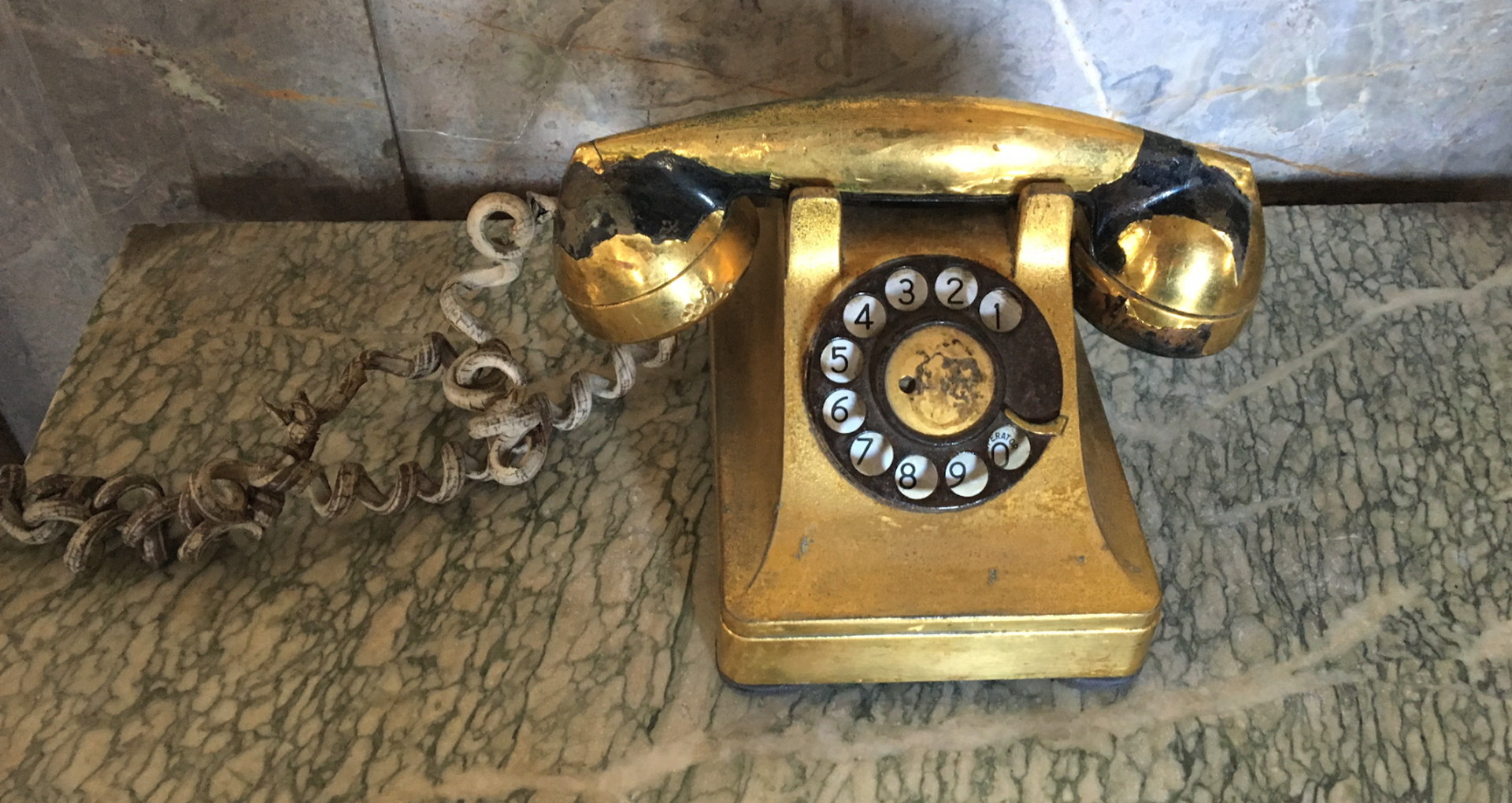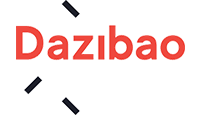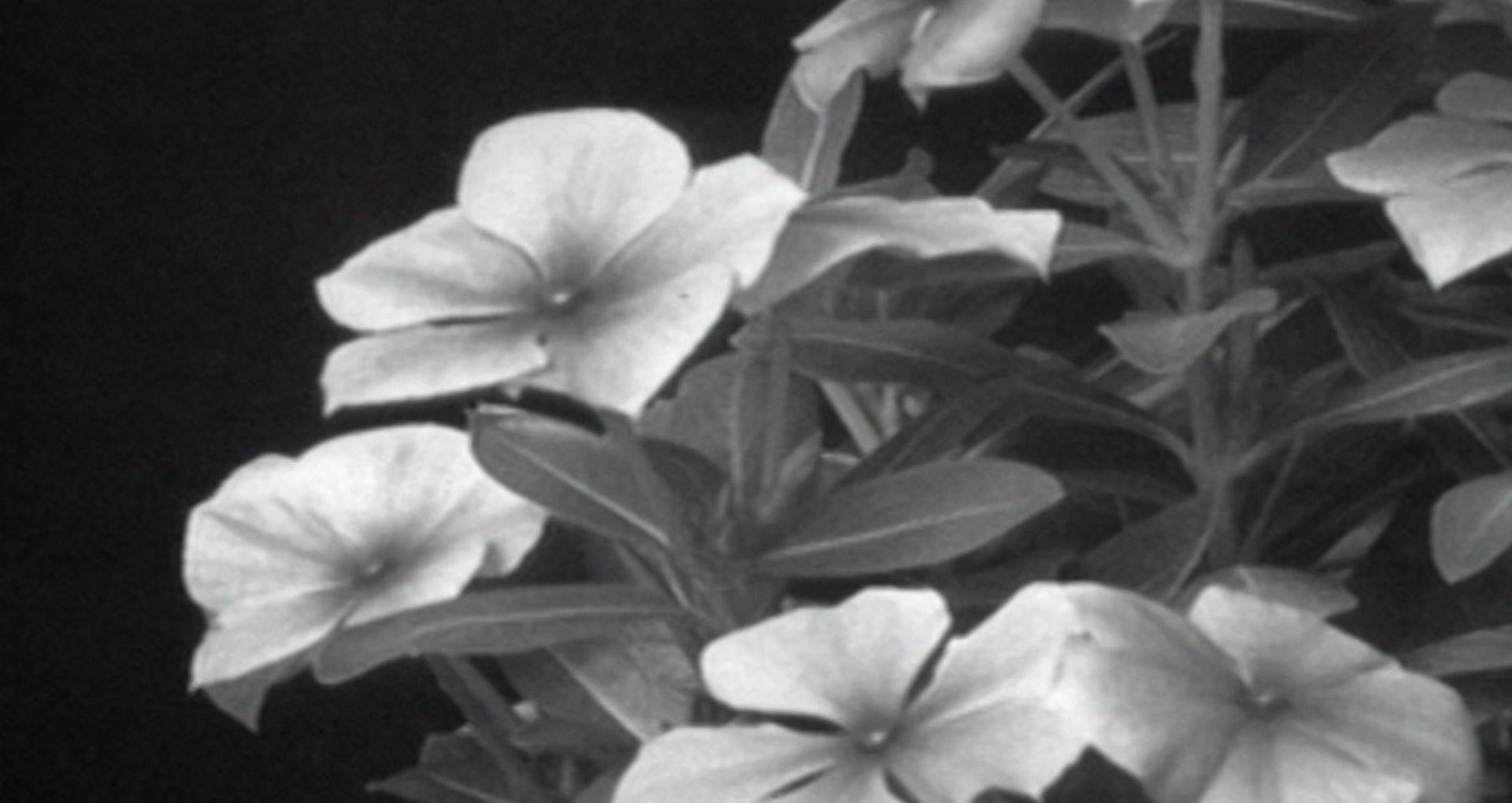
© Phyllis Baldino, Now is Here, 2017
dv_vd : Now
Phyllis Baldino & Santiago Álvarez
SCREENING AND DISCUSSION
Free
5455, avenue de Gaspé, #109 (RC), Montréal
Free entry. Limited seats.
First come first served basis.
As part of the dv_vd screening series, Vidéographe and Dazibao are pleased to screen NOW! by Santiago Álvarez, and Now is Here by Phyllis Baldino. The screening will be followed by a presentation by Phyllis Baldino and a discussion with the audience led by Nelson Henricks.
Amidst the current global climate, marked by uncertainty, violence and the surge of alt-right nationalism, it seemed particularly relevant for us to present these two works made in 1965 and 2017 respectively and to examine the notion of time in relation to the current political context. These two pieces also draw a link between Cuba and the United States, thus creating dialogue between different modes of representation and political preoccupations while also questioning the inequalities of power in the U.S.
PROGRAM
Phyllis Baldino, Now is Here, 2017, 18 min 58 s
With Now is Here, Phyllis Baldino approaches the notion of “now”. The work was initiated at the time of the November 2016 presidential election in the United States and the historic rapprochement between them and Cuba- a political circumstance that therein influenced the creation of the film. The video combines images from television news and interviews with 25 people who have been asked by the artist to explain what “now” means to them. The selected people live in the United States or Cuba. Baldino films only their hands. They occupy various trades and their definitions of “now” are personal, philosophical or political.
> Read the full artist statement here.
Santiago Álvarez, NOW!, 1965, 5 min 30 s
NOW! is an experimental documentary denouncing racism in the United States. Constituted by a collage of filmed images and still images, the work is considered a precursor to the video clip. It shows demonstrations, acts of citizen resistance, police brutality, actions taken by the Ku Klux Klan. With these images, the artist employs panoramics and zooms in order to depict dramatic intensity. The soundtrack features the song Now, played by Lena Horne. With this work, Alvarez portrays a time that is animated by violent racism.
BIOGRAPHY
Phyllis Baldino
Phyllis Baldino’s work merges performance, video, sculpture, and other forms questioning the function and meaning of everyday objects and actions. Her work is conceptually-based and often sparked by scientific information or philosophical ideas. She earned a B.F.A. in sculpture from the Hartford Art School, University of Hartford, Connecticut. She has had solo exhibitions at Wexner Center for the Arts, Columbus, Ohio; Contemporary Art Center, Cincinnati, Ohio; Thomas Nordenstad Gallery and Lauren Wittels, New York, and Southern Exposure, San Francisco. Her work has been featured in group exhibitions at the Museum of Modern Art, New York; P.S.1 Contemporary Art Center, New York; Whitney Museum of American Art, New York; Miami Basel; Stedelijk Museum, Amsterdam; Dia Center for the Arts, New York; Guggenheim Museum Soho, New York. Her recent work includes Nothing from the Future, a nine-channel wireless synced video installation that debuted at Videoformes in Clermont –Ferrand, France in 2018. She lives and works in Brooklyn, New York. www.phyllisbaldino.com
Santiago Álvarez Román*
Santiago Álvarez Román (March 18, 1919 – May 20, 1998) was a Cuban filmmaker. He wrote and directed many documentaries about Cuban and American culture. His “nervous montage” technique of using “found materials,” such as Hollywood movie clips, cartoons, and photographs is considered a precursor to the modern video clip.
He studied in the United States but in the mid-1940s returned to Cuba, where he worked as a music archivist in a television station and participated in Communist Party activities. After the Cuban Revolution he became a founding member of the Cuban Film Institute (ICAIC) and directed its weekly Latin American Newsreel.
One of his most famous works, the short Now (1964) about racial discrimination in the USA, mixed news photographs and musical clips featuring singer/actress Lena Horne. Other well-known works included the anti-imperialist satire LBJ (1968) and 79 Springs (1969), a poetic tribute to Ho Chi Minh. In 1968, he collaborated with Octavio Getino and Fernando E. Solanas (members of Grupo Cine Liberación) on the four-hour documentary Hora de los hornos, about foreign imperialism in South America.
Among the other subjects he explored in his films were the musical and cultural scenes in Latin America and the dictatorships, which gripped the region. He died on May 20, 1998 in Havana, Cuba.
[* Santiago Álvarez (filmmaker). (2019, March 15). In Wikipedia, the free encyclopedia. Retrieved March 15, 2019, from https://en.wikipedia.org/wiki/Santiago_%C3%81lvarez_(filmmaker)]









